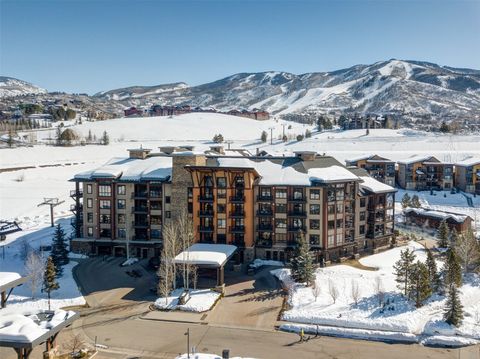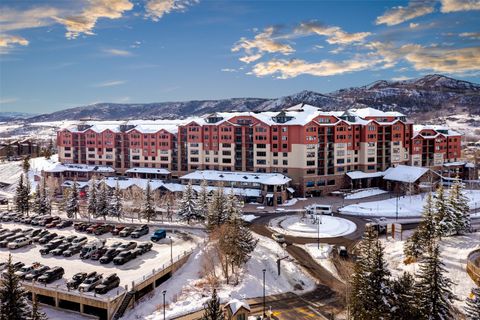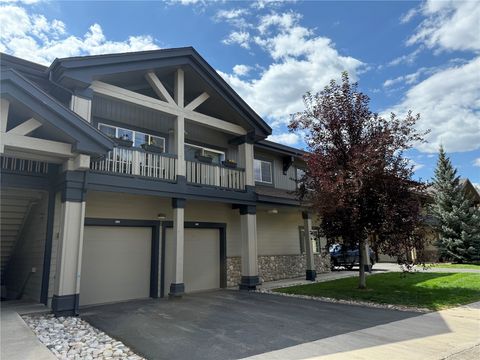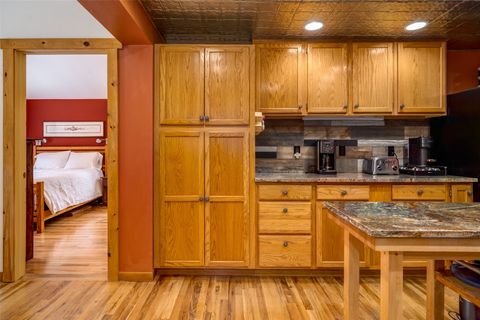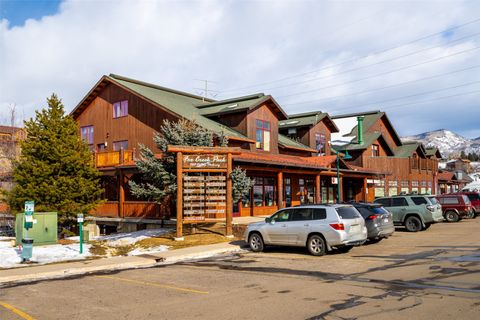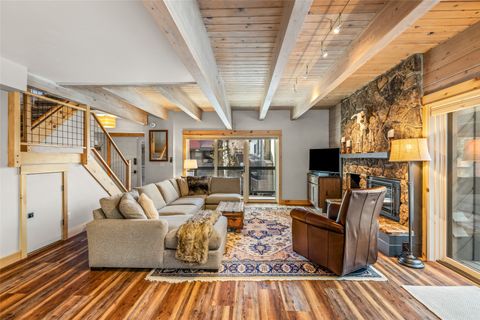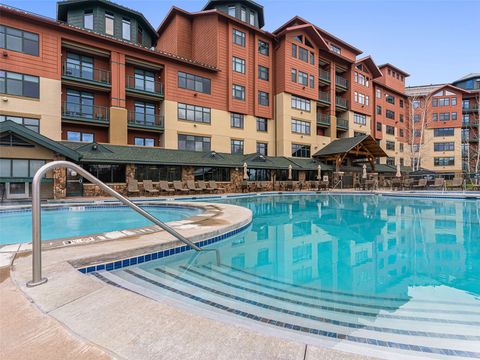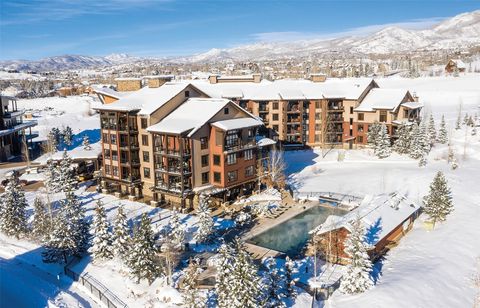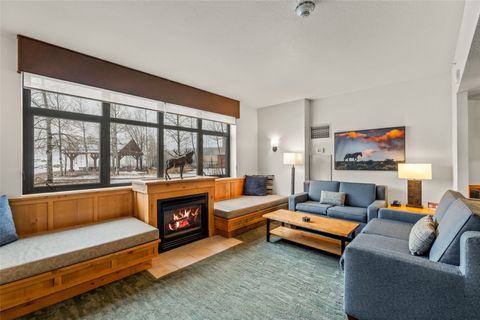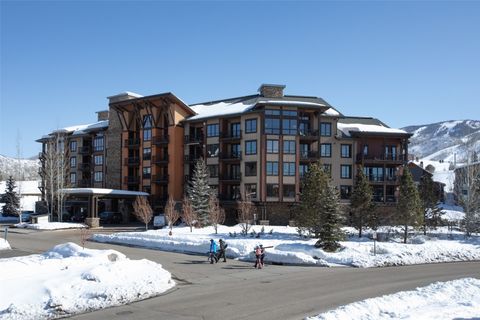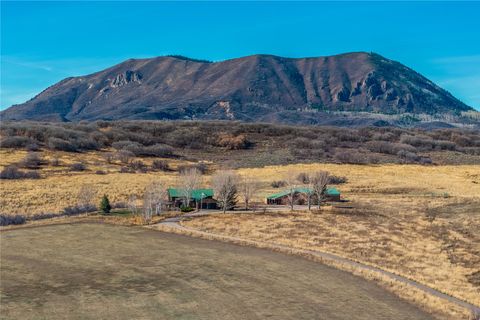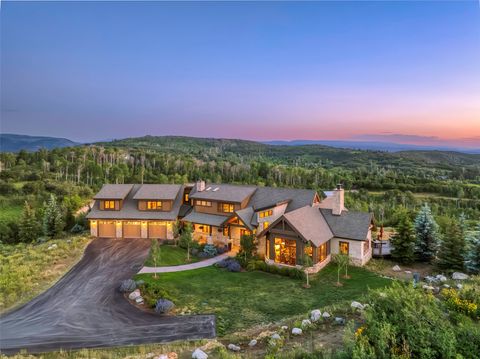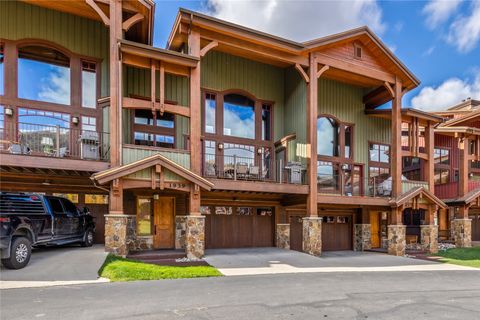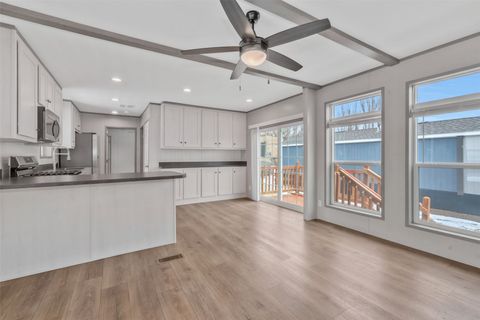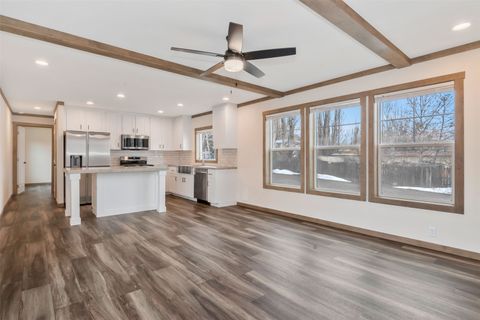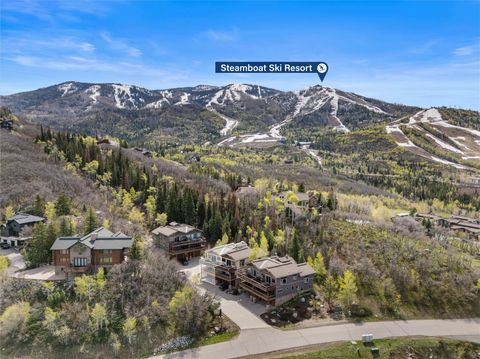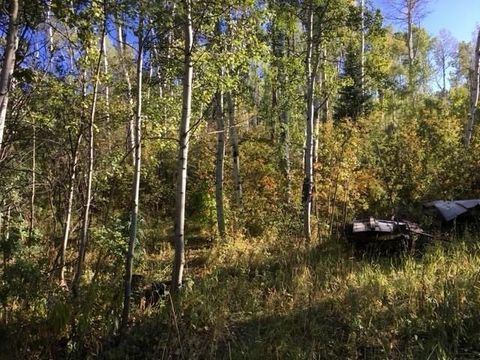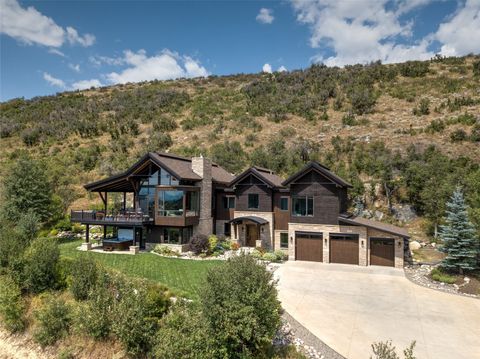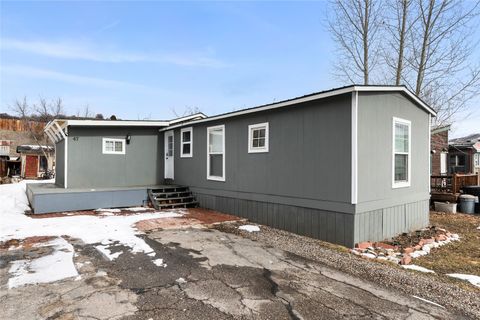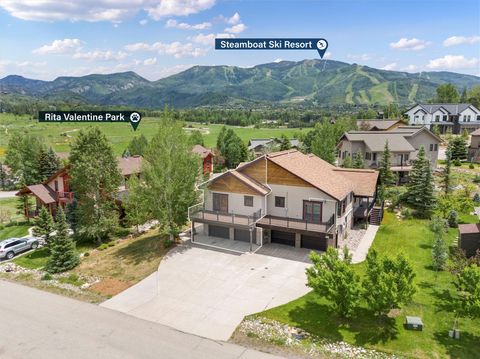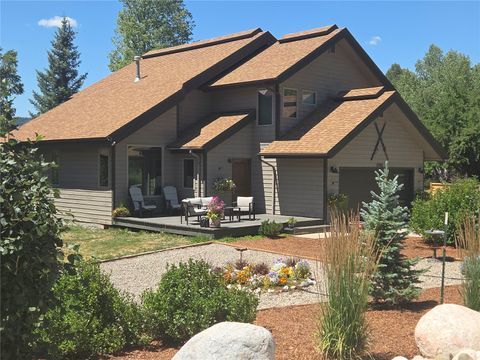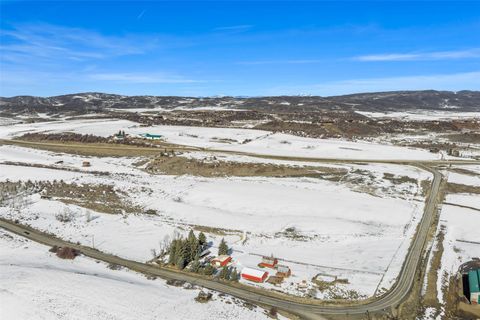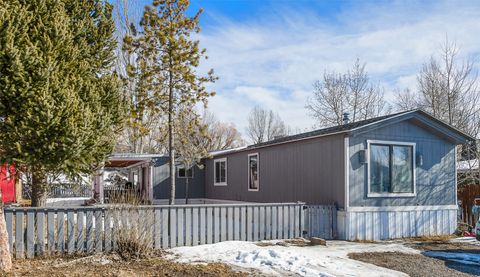Wildfire Preparedness: How to Protect Your Home, Belongings and Family


Living in Midwest Colorado means enjoying breathtaking mountain views, endless outdoor recreation, and the charm of four distinct seasons. But our natural beauty also comes with an important responsibility—being prepared for the possibility of forest fires. Whether you live in the city, foothills, or a rural mountain property, wildfire awareness is essential. Here’s how you can be proactive in protecting your home, securing your belongings, and staying safe during an evacuation.
PROTECTING YOUR HOME FROM WILDFIRES
Wildfire safety begins with reducing your property’s vulnerability. The “Home Ignition Zone” approach, recommended by fire safety experts, focuses on creating defensible space around your home.
- Clear flammable vegetation within at least 30 feet of your home. Trim branches so they’re at least 10 feet from the roof and siding.
- Maintain your roof and gutters by removing pine needles, leaves, and debris that could ignite from drifting embers.
- Choose fire-resistant materials for decks, siding, and roofing whenever possible.
- Store firewood and propane tanks at least 30 feet away from your home.
SECURING YOUR BELONGINGS BEFORE FIRE SEASON
In a fast-moving wildfire, you may only have minutes to evacuate. Having your important items ready ahead of time can protect you from devastating losses.
- Digitize important documents like insurance policies, property deeds, birth certificates, and tax records. Store them in the cloud or on a secure flash drive.
- Create a home inventory (photos or videos of your belongings) to make insurance claims easier.
- Prepare a “Go Bag” with essentials such as clothing, toiletries, medications, phone chargers, cash, and copies of vital documents.
- Keep pet supplies ready—leashes, carriers, food, water, and medical records.
REVIEWING AND UPDATING YOUR INSURANCE
A wildfire can cause significant damage in minutes, so ensuring you have the right insurance coverage before disaster strikes is essential.
- Check your policy limits—make sure your coverage matches the current rebuild cost of your home, not just the original purchase price.
- Confirm wildfire coverage—some policies may have exclusions or limits for wildfire-related damage, especially in high-risk areas.
- Add coverage for personal property—ensure your belongings, not just the structure, are adequately insured.
- Consider loss-of-use coverage—this helps pay for temporary housing and living expenses if you’re displaced.
- Keep a copy of your policy in your “Go Bag” and store a digital version securely online.
- Ask your agent about mitigation discounts and trusted insurance agents—some insurers offer lower rates for homes with defensible space, metal roofs, or other fire-resistant features.
BEST PRACTICES FOR AN EMERGENCY EVACUATION
When evacuation orders are issued, every second counts. Knowing exactly what to do can help you stay calm and safe.
- Have an evacuation plan with at least two routes out of your neighborhood. Practice it with your family.
- Know your community’s alert systems—sign up for local emergency notifications and weather alerts.
- Load your “Go Bag” and supplies into your vehicle as soon as there’s a threat, so you’re ready to leave at a moment’s notice.
- Leave early if advised—waiting too long can put you and first responders at greater risk.
- Stay informed by tuning in to official updates from fire departments, emergency management, and local news.
If you’re considering buying a home in a wildfire-prone area, our team can help you understand fire mitigation efforts, local resources, and property features that reduce risk. Preparedness is the key to both safety and peace of mind in our mountain communities.
Check out this article next

Headed to Dallas for TNE 2025 — Let’s Connect!
We’re packing our bags and gearing up for the Sotheby's Texas Networking Event (TNE) on September 22, 2025, hosted by Briggs Freeman Sotheby’s International Realty, Kuper…
Read Article
